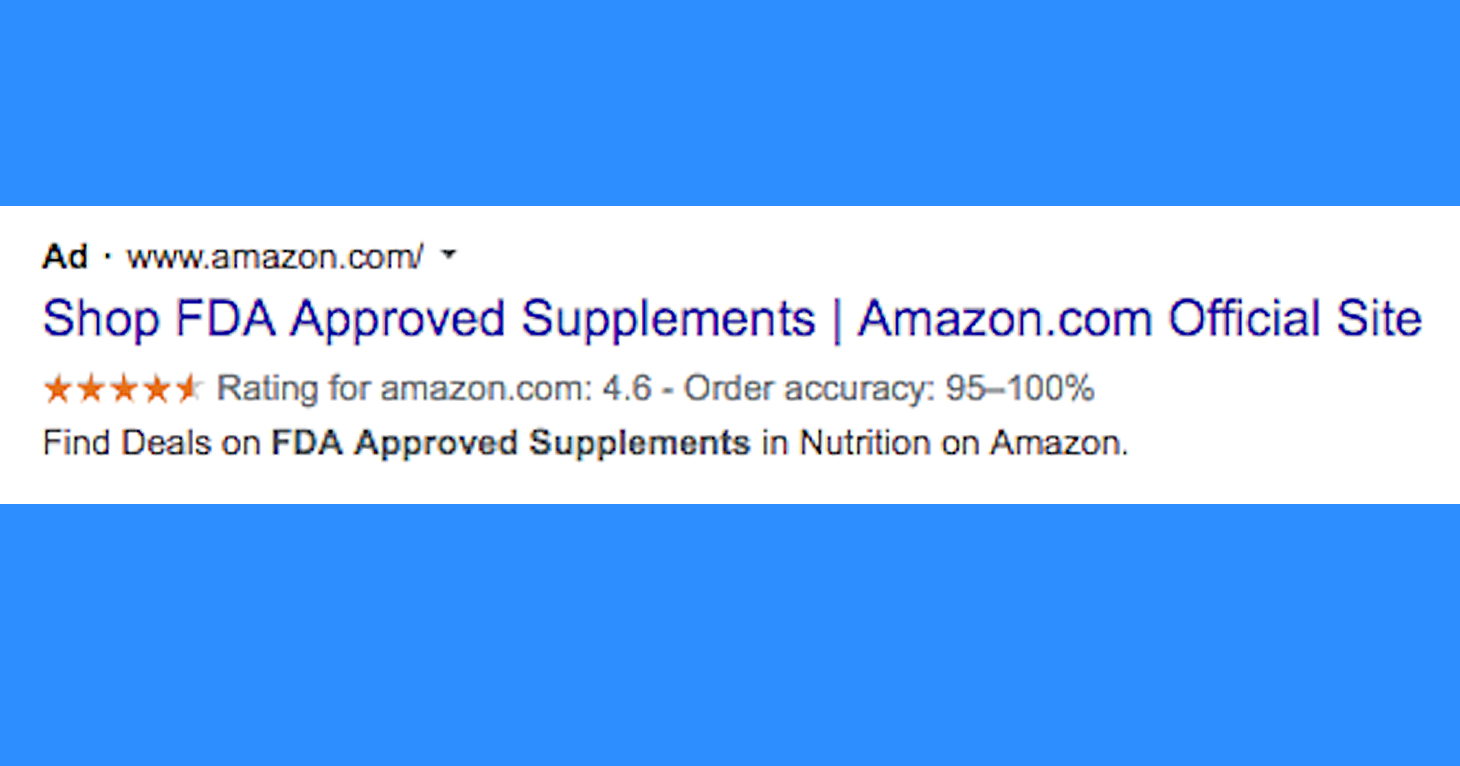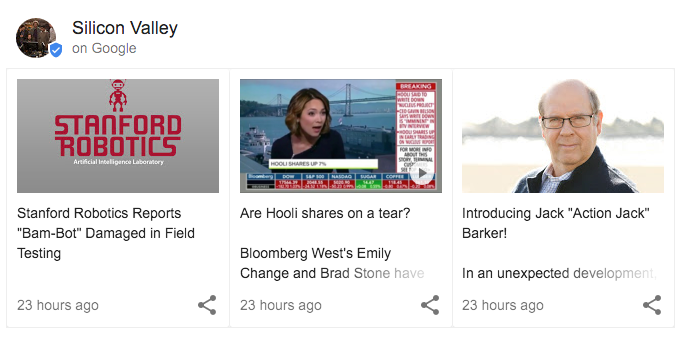
YouTube TV Multiview
While ads suggest that feature is widely available, rollout is still in progress.
We often tell consumers that it’s important to do their research when making purchasing decisions. In other words, Google it.
But while Google can be a valuable tool for consumers, exploring the search engine for answers can also produce a dizzying array of responses from a range of different sources. How do consumers know which ones to trust?
Google’s new AI-powered search feature AI Overviews was supposed to fix this problem. According to Google:
Sometimes you want a quick answer, but you don’t have time to piece together all the information you need. Search will do the work for you with AI Overviews.
These tidy summations of search results generated by AI and appearing at the top of search results were supposed to take the guesswork out of googling. It hasn’t gone according to plan.
Since AI Overviews debuted two weeks ago, the internet has been abuzz with stories about the false, misleading and bizarre answers it has produced, from telling users that astronauts played with cats on the moon to suggesting they add glue to their homemade pizzas to keep the cheese from falling off.
TINA.org first encountered AI Overviews last week when in response to a question about where a company’s products are made, the search feature spit out the following answer:
In fact, several of Nuwave’s products are made in China.
In response to a request for comment, a Google spokesperson said:
The vast majority of AI Overviews provide high quality information, with links to dig deeper on the web. Many of the examples we’ve seen have been uncommon queries, and we’ve also seen examples that were doctored or that we couldn’t reproduce. … We’re taking swift action where appropriate under our content policies, and using these examples to develop broader improvements to our systems, some of which have already started to roll out.
The spokesperson did not address the AI Overview suggesting that Nuwave’s products are made in the USA.
The bottom line
Do your research but don’t stop at Google search results. Misinformation in Google search results precedes AI Overviews.
In 2020, for example, TINA.org alerted readers to Google search results, including an Amazon ad, promoting “FDA approved supplements.” The only problem? The FDA doesn’t approve supplements.
Find more of our coverage on misleading search results here.
Our Ad Alerts are not just about false and deceptive marketing issues, but may also be about ads that, although not necessarily deceptive, should be viewed with caution. Ad Alerts can also be about single issues and may not include a comprehensive list of all marketing issues relating to the brand discussed.
While ads suggest that feature is widely available, rollout is still in progress.
Search engine also removes slider of ‘sponsored’ products in response to TINA.org inquiry.
Search engine results promote HBO show.


